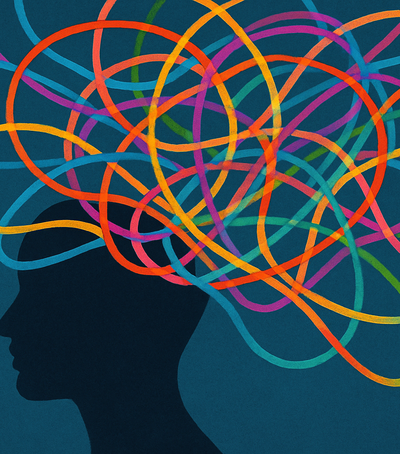
There are many different types of depression and for most of them, genetics can have a big influence. But environmental factors and lifestyle also determine your risk. Here's what you need to know!
Is depression genetic?
There is no specific gene known to cause depression. More likely, there are some, or more, genes that if you inherit some of them from your biological parents, they will increase your risk. If you have a parent or sibling with depression, your risk of developing depression is 20% to 30% greater than the average person, who has a 10% risk. "We know there are genetic factors, which seem to be heritable, but we also know there are many other factors involved," says Renee Witlen, a psychiatrist in Portland.
Various studies over the years have been a useful method for researchers to investigate what role heredity plays in the development of depression. Heredity refers to how much your genes account for various traits. Twin studies are often used because identical twins have the same genes, eliminating genes as a variable. A 2009 twin study in the University of Washington Twin Registry estimated the heritability of depression at 58% among 1,064 twin pairs.
Another 2006 Swedish twin study published in the American Journal of Psychiatry found that the heritability of major depression was 42% in women and 29% in men, indicating that some genetic risk factors may be sex-specific.





